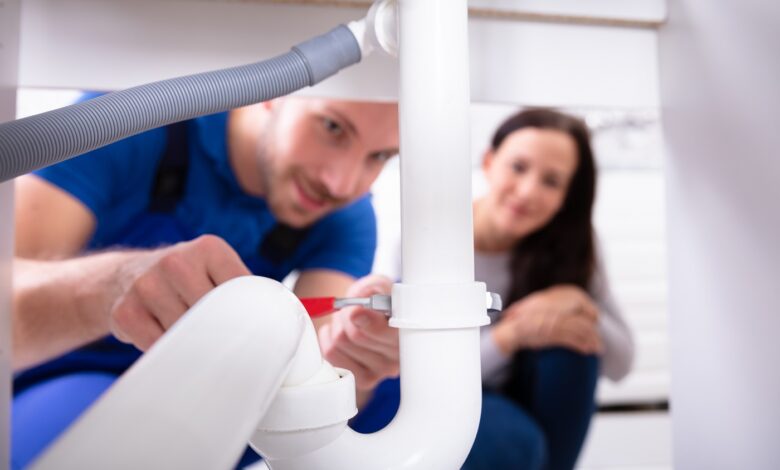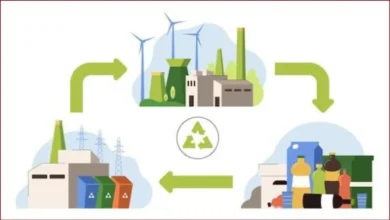Understanding Blocked Drains: Causes and Solutions

Blocked drains are a common household issue that can lead to significant inconvenience and costly repairs if not addressed promptly. Understanding the causes of blocked drains and knowing when to call for professional help can save you time, money, and stress.
What Causes Blocked Drains?
Blocked drains can occur for various reasons, and being aware of these can help you prevent future problems. Here are some common causes:
1. Accumulation of Debris
Over time, debris such as hair, soap scum, and food particles can build up in your pipes. This accumulation can create blockages that restrict water flow, leading to slower draining and potential overflow.
2. Grease Buildup
In kitchens, grease and cooking oils can solidify in pipes, forming a thick coating that traps other debris. This can cause severe blockages if not addressed quickly. Avoid pouring fats down the sink, as they can contribute to this issue.
3. Tree Roots
Tree roots are a natural and persistent threat to your plumbing system. They can infiltrate pipes in search of water, causing significant blockages and damage to your drainage system. Regular inspections can help identify potential root intrusion before it becomes a major problem.
4. Foreign Objects
Sometimes, foreign objects like toys, wipes, or sanitary products can accidentally find their way down the drain. These items can cause immediate blockages that require professional intervention.
Signs of a Blocked Drain
Being vigilant about the signs of a blocked drain can help you address issues before they escalate. Here are some warning signs to watch for:
• Slow Draining: If water takes longer than usual to drain from sinks, showers, or tubs, it may indicate a blockage.
• Unpleasant Odours: Foul smells emanating from drains can suggest a buildup of debris or stagnant water.
• Gurgling Sounds: Unusual gurgling noises when you run water can signal air trapped in the pipes due to a blockage
• Water Backups: If water backs up into other fixtures when you flush the toilet or use the sink, it’s time to call for help.
When to Call for Help
If you experience any of the above signs, it’s wise to contact professionals for assistance. Blocked drain experts can quickly diagnose the problem and recommend appropriate solutions. Attempting to clear a blockage on your own can sometimes lead to more damage or a worsening situation.
Preventive Measures
Preventing blocked drains can save you from headaches in the future. Here are some tips to keep your drains flowing smoothly
• Regular Maintenance: Schedule regular inspections and cleanings of your plumbing system to identify potential issues before they become serious.
• Be Mindful of What Goes Down the Drain: Avoid flushing anything other than toilet paper and human waste. Dispose of food scraps and grease properly to prevent buildup.
• Install Drain Covers: Use drain covers or strainers in sinks and tubs to catch hair and debris before they enter the plumbing system.
Blocked drains can be a hassle, but understanding their causes and recognizing the signs can help you take action before things get out of hand. Regular maintenance and awareness of what you put down your drains are key to preventing issues. If you encounter persistent drainage problems, don’t hesitate to reach out to blocked drain experts who can provide effective solutions and restore your plumbing to optimal working condition.



